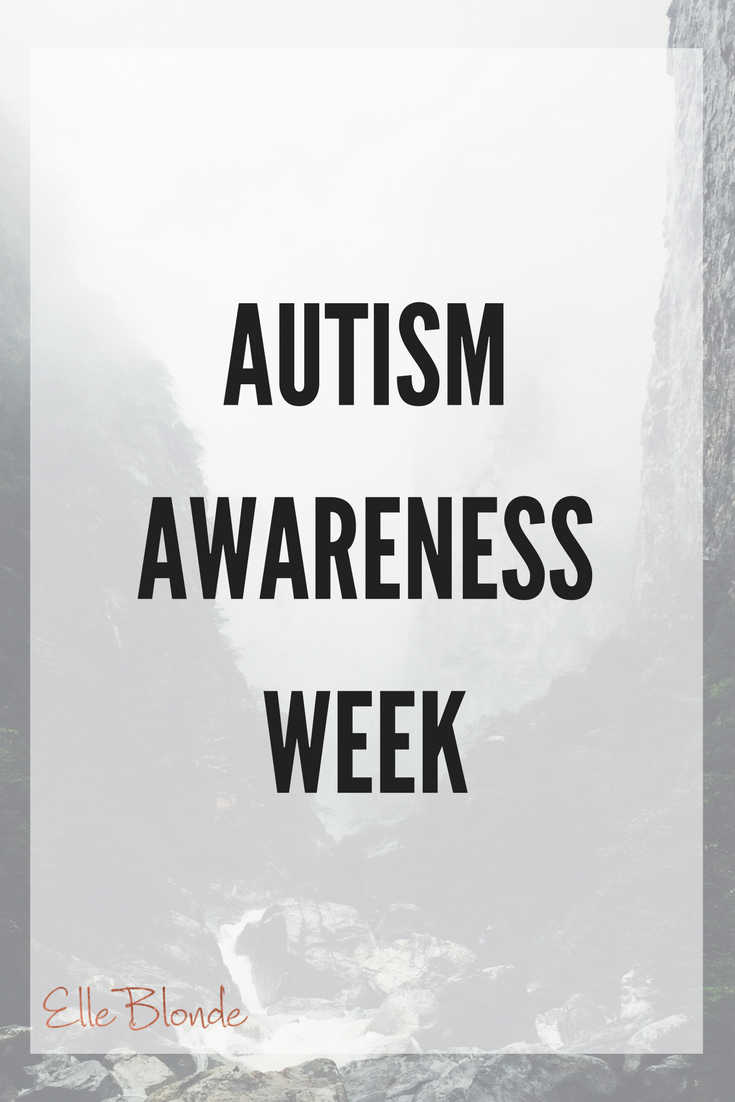Autism is a complex and often misunderstood condition that affects millions of people worldwide. Until a few years ago, I was largely unaware of what it really was. My first encounter with autism came at the age of 18 when I started working at the Odeon cinema. It was there that I met a colleague with Asperger’s syndrome, a condition that was once considered a separate diagnosis but is now recognised as part of the autistic spectrum. This experience opened my eyes to the realities of autism and sparked a desire to learn more about the condition.

4 Important Things You Need To Know About Autism
What is Autism?
According to Autism Speaks, Autism Spectrum Disorder (ASD), is a lifelong developmental disability that affects how people perceive the world and interact with others. The spectrum nature means that it manifests differently in each individual, with varying degrees of severity. Some autistic people may have significant learning disabilities and require substantial support, while others, like the colleague I met, may be highly functional and able to work independently, though they may still face challenges in social interactions and communication.
The official definition provided by the National Autistic Society describes this as a condition that influences how a person sees, hears, and feels the world around them. It is not an illness or disease, and it cannot be cured. Instead, it is an integral part of a person’s identity, shaping their experiences and how they relate to the world. It is important to understand that being autistic is not something to be “fixed” but rather a different way of experiencing life.
In the Workplace
My first real encounter with ASD came through my colleague at the cinema who had Asperger’s syndrome, which is now considered part of the high functioning end of the spectrum. Working with him was a unique and enlightening experience. The structured environment of the cinema, with its time oriented tasks and routines, suited him perfectly. He had an incredible ability to memorise the schedules of all the films and could tell you at a moment’s notice where you needed to be and when. His proficiency with numbers and attention to detail were astounding, making him an invaluable team member.
This experience highlighted an important aspect of autism, the need for routine and structure. Many individuals on the spectrum thrive in environments where they know what to expect and can rely on a consistent schedule. Understanding this can be fundamental in creating supportive workplaces where individuals with autism can excel.
The Spectrum
ASD is a spectrum condition, meaning that while all individuals with autism share certain difficulties, the condition affects everyone differently. It is a lifelong developmental disability that affects how people perceive the world and interact with others. Autistic people see, hear and feel the world differently to other people. If you are autistic, you are autistic for life; it is not an illness or disease and cannot be ‘cured‘.
Often people feel being autistic is a fundamental aspect of their identity. All autistic people share certain difficulties, but this will affect them in different ways. Some autistic people also have learning disabilities, mental health issues or other conditions.
For example, one child might have significant challenges with verbal communication and social interactions, while another might excel in academics but struggle with sensory overload in noisy environments. The variability means that support must be tailored to each individual’s unique needs, emphasising the importance of early and accurate diagnosis.
The Importance of Awareness and Diagnosis
With more than 1 in 100 people diagnosed with autism, it is a more common condition than many might realise. Despite this, awareness and understanding remains limited, often leading to misconceptions and inadequate support. Proper diagnosis is essential for individuals with autism to access the services and support they need to lead fulfilling lives.
Diagnosis typically involves a thorough assessment by a team of professionals, including psychologists, neurologists, and speech therapists.
Diagnosis not only helps individuals and their families understand the challenges they face but also opens the door to resources such as specialised education programmes, therapies, and community support groups. For many, receiving a diagnosis is an important step in learning how to navigate the world.
How You Can Support Autism Awareness
Raising awareness is important in building a society that understands and accommodates the diverse needs of individuals on the spectrum. World Autism Awareness Week, which takes place annually, is an opportunity for everyone to get involved in spreading knowledge and understanding about autism.
During this week, organisations and individuals are encouraged to participate in activities that promote awareness and raise funds for research and support services. Whether it’s hosting a quiz night, participating in a walk, or simply sharing information on social media, every effort helps in making autism more understood and accepted.

Autism is a complex and multifaceted condition that affects people in many different ways. By increasing our understanding, we can create more inclusive environments where individuals on the spectrum can thrive. Whether it’s through learning more about the condition, supporting autism friendly initiatives, or advocating for better resources and support, each of us can play a role in making the world a more welcoming place for those on the spectrum.
If you’d like to contribute to autism research and support, consider donating to organisations like the National Autistic Society. Your efforts can help ensure that everyone with autism has the opportunity to live a fulfilling and empowered life.
Let’s continue to raise awareness, support one another, and make a positive impact in the lives of those with autism.

